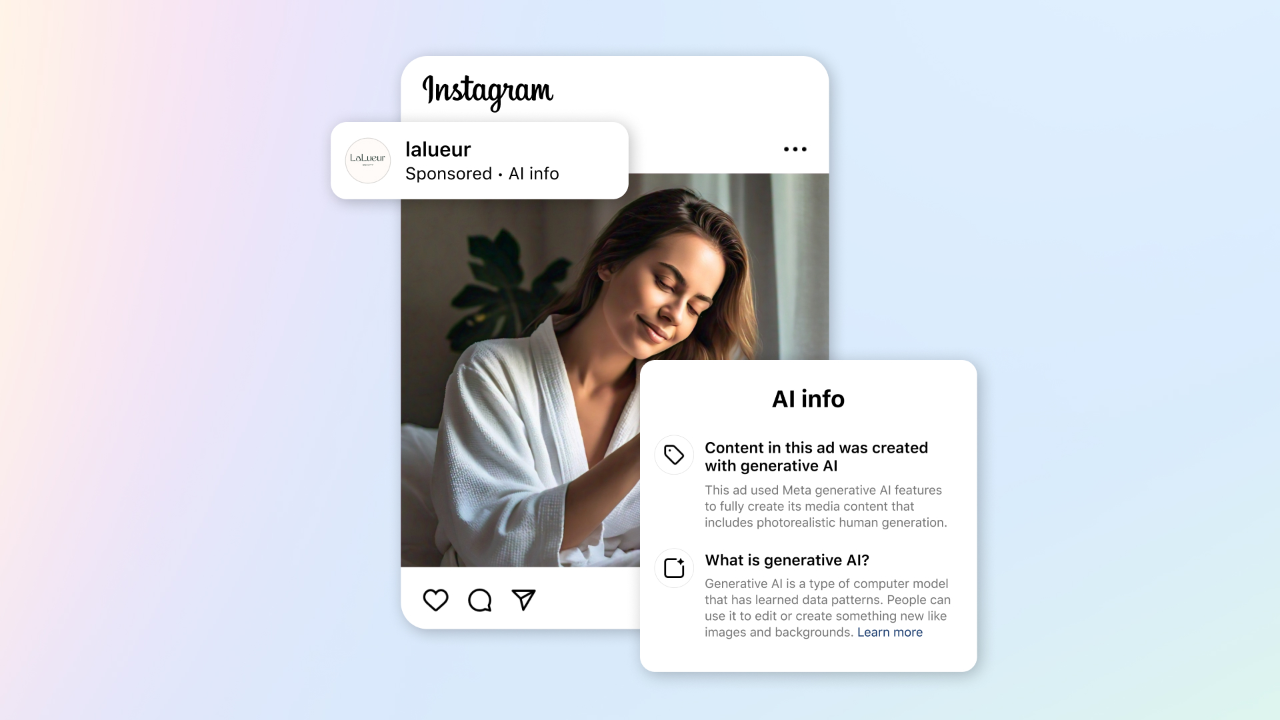
Why the Disney–Midjourney Lawsuit Signals Big Challenges Ahead for Meta’s AI Ad Platform
Jun 18, 2025Meta’s upcoming AI-powered ad creation platform promises to change how brands build and run ads. But the recent lawsuit from Disney and Universal Studios against Midjourney, a popular AI image generator, raises serious legal and ethical questions for Meta and anyone developing generative AI tools in advertising.
Here’s why this matters for PR and communications leaders:
1. Intellectual Property and Licensing: The Legal Issues
Disney’s lawsuit claims Midjourney trained its AI on copyrighted images without permission, producing content that too closely resembles protected characters and styles. If courts decide AI companies must license all training data or strictly avoid reproducing copyrighted elements, Meta will face significant hurdles.
For Meta’s ad tools, this means they can’t simply “train and go.” They will need:
-
Clear licensing processes to ensure training data is authorized or in the public domain.
-
Systems to detect and block outputs that replicate copyrighted material.
PR teams should pay close attention to how Meta handles this, as it will affect how freely we can use AI-generated creative without legal risk.
2. Output Filtering & Transformation: What Counts as New?
Disney argues that Midjourney’s outputs are close copies rather than genuinely new creations. This case could establish standards for how much AI-generated content must differ from the original to avoid copyright issues.
Meta will need to show:
-
Strong filtering to stop AI from generating ads that too closely resemble copyrighted visuals or characters.
-
Clear proof that outputs have been meaningfully transformed.
This will affect how flexible and creative AI ad tools can be, possibly leading to more restrictions or oversight.
3. Transparency & Attribution: Not Just a Nice-to-Have
Meta already plans to label AI-generated ads, as part of wider transparency efforts. Following Midjourney, such disclosures may become a legal requirement.
For communications pros, this means:
-
Clear labeling builds trust with audiences wary of AI-generated content.
-
Transparency helps protect brands from backlash over undisclosed AI use.
Meta’s approach could set the standard for responsible AI use in advertising.
What Legal Outcomes Could Shape Meta’s AI Ad Platform?
-
Stricter licensing enforcement: Meta may need to license large volumes of content or limit training data.
-
Mandatory output filtering: Tools might have to block or flag outputs too close to copyrighted material.
-
Required AI content disclosures: Labeling AI ads as AI-generated could become law rather than policy.
-
User agreements shielding Meta: Clear terms may be needed to limit Meta’s liability for infringing user content.
What This Means for PR and Communications Leaders
As AI-generated advertising becomes more common, PR pros need to understand the legal environment shaping these tools. Knowing how platforms like Meta manage IP and transparency will affect:
-
Campaign strategy: What kinds of AI-generated ads can be used safely.
-
Creative workflows: How AI tools fit into production without legal risk.
-
Reputation management: Preparing for questions about AI content authenticity.
The Bottom Line
Meta’s AI ad portal launch is ambitious and timely, but rising legal scrutiny from cases like Disney v. Midjourney means the path forward will be complicated. Meta and others will need strong licensing, filtering, and transparency safeguards. PR and communications leaders who keep informed and adapt early will be better positioned to navigate these changes.
If you want a clearer picture of how compliance and AI filtering will shape the space or practical ways to get your team ready for these changes, I’m here to help. Just reach out anytime.
GET THE INTELLIGENT COMMUNICATOR
Accelerate Your AI literacy in Just 10 Minutes a Month!
We hate SPAM. We will never sell your information, for any reason.

